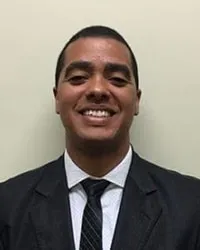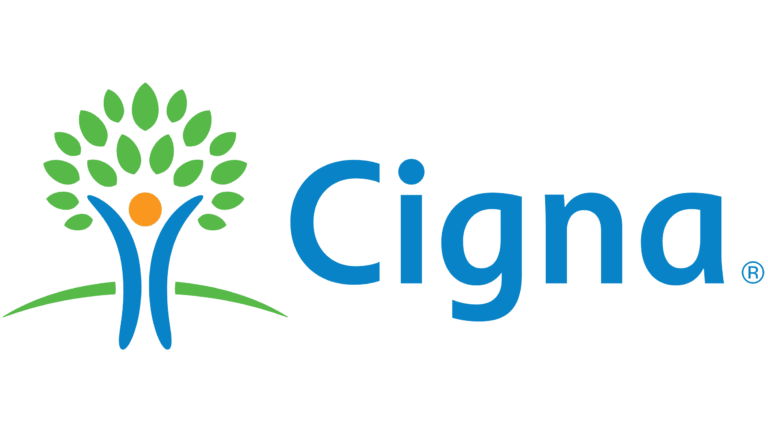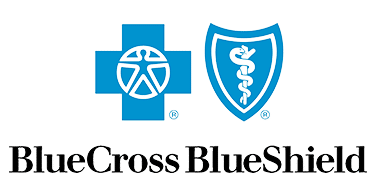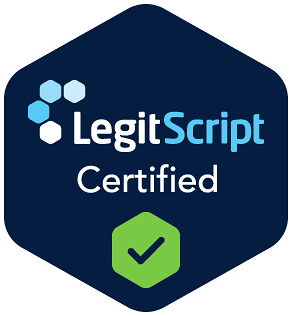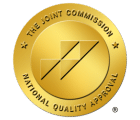Effective Strategies for What to Do If My Spouse is an Alcoholic
Introduction to the Disease of Addiction
Addiction, whether to drugs or alcohol, is a chronic brain disease characterized by compulsive substance use despite harmful consequences. It fundamentally alters brain chemistry and behavior, making it extraordinarily challenging for the individual to quit independently. Addiction not only impacts the person suffering but also ripples out, affecting family members and loved ones deeply.
The Impact on Family Members and Loved Ones
The emotional toll on families and loved ones can be overwhelming. Feelings of helplessness, frustration, anger, and sadness often prevail as they watch someone they care about explore destructive paths. Relationships can become strained or even severe; financial worries can skyrocket, and mental health issues like anxiety and depression can develop or intensify. Understanding the gravity of addiction is the first step in navigating this complex and emotional journey.
How to Approach an Addicted Loved One
Approaching a loved one about their addiction is a delicate matter that requires sensitivity, preparation, and resolve. Here are some steps to guide you:
Educate Yourself
Before initiating a conversation, make sure you understand the basics of addiction. Educate yourself on the signs, symptoms, and various treatment options available. This knowledge will give you a better foundation to converse and provide accurate information.
Choose the Right Time and Place
Timing and environment are crucial. Select a quiet, private space where the conversation can occur without interruptions. Choose a time when you and your loved one will likely be calm and open to discussion.
Express Concern, Not Blame
Frame the discussion with care and empathy. Use “I” statements to express your feelings without assigning blame, such as, “I am really worried about your health and well-being,” rather than “You’re ruining your life.” An accusatory statement may incur a defensive reaction, whereas an “I” statement will come across as more supportive and coming from a place of care.
Be Prepared for Denial and Resistance
Your loved one may deny they have a problem or become defensive. This reaction is not uncommon. Stay calm, listen actively, and reaffirm your concern and support.
Use Concrete Examples
Highlight specific instances when their addiction has caused harm or distress. Using real examples makes it harder for your loved one to dismiss your concerns as baseless.
Offer Support and Solutions
Guide the conversation towards solutions. Offer information on rehab centers, therapy options, and support groups. Make it clear that you are willing to support them throughout their journey to recovery.
If the Person Refuses to Get Help: Options for Families
Dealing with a loved one who refuses to seek help can be heartbreakingly difficult. However, you are not powerless. Here are some steps you can take to help manage the situation and encourage your loved one towards recovery:
Set Boundaries
Establishing firm boundaries protects your well-being and reinforces the seriousness of the situation. Let your loved one know what behaviors you will not tolerate and what actions will be taken if those boundaries are crossed.
Seek Professional Guidance
Consulting with a healthcare professional, addiction counselor, or interventionist can provide you with strategies tailored to your situation. They can offer advice on handling your loved one’s resistance and may guide you through a formal intervention if necessary.
Explore Intervention
A structured intervention, led by a professional, can sometimes persuade a loved one to consider rehab. The process involves family and friends presenting a united front, sharing their concerns, and compelling the individual to seek help immediately.
Utilize Peer Support Groups
Joining a support group for families affected by addiction, such as Al-Anon or Nar-Anon, can provide emotional support and practical advice. These groups offer a community of individuals who understand your struggles and can share coping strategies.
Educate About the Consequences of Addiction
Sometimes, presenting the stark realities of addiction’s impact on their health, career, and relationships can motivate a loved one to seek help. Use reputable resources and testimonials to underscore the consequences they face.
Continue to Show Love and Support
Although standing firm on boundaries is essential, it’s equally important to continue expressing your love and support. Remind your loved one that you’re advocating for their well-being and are there for them when they’re ready to seek help.
Seeking Guidance with Palm Beach Recovery for Your Loved One
Facing the challenge of a loved one’s addiction can be an emotionally draining and distressing experience. However, it is crucial to remember that hope and help are available. If your loved one is struggling with addiction and refuses to seek help, Palm Beach Recovery Centers is here to offer support and guidance. Our compassionate team is dedicated to helping families navigate the complexities of addiction and find practical treatment solutions.
Contact Palm Beach Recovery Centers today for immediate help and professional guidance. Together, we can work towards a brighter, healthier future for your loved one and your family.

